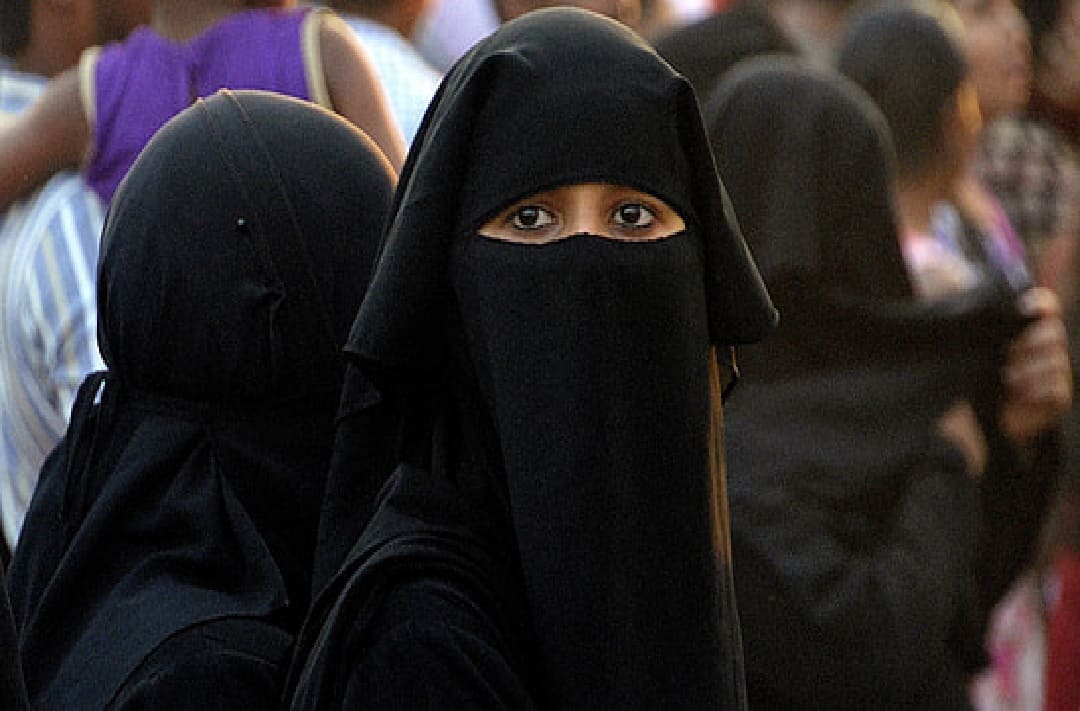
The Swiss government has submitted a draught bill to the parliament that would impose a $1,000 punishment on anybody who violates the country’s ban on facial coverings.
Following the vote in the referendum to prohibit facial coverings last year, the draught law was issued on Wednesday. 51.2 percent of voters approved the proposed ban, popularly referred to as the “burqa ban,” however it was criticised at the time for being Islamophobic and misogynistic.
Following discussions, the cabinet softened demands to include the prohibition in the criminal code and impose fines of up to 10,000 Swiss francs ($10,000) on violators.
“The ban on covering faces aims to ensure public safety and order. Punishment is not the priority,” it said in a statement.
The rightwing history:
Egerkinger Komitee, a group including politicians of the right-wing Swiss People’s Party proposed this initiative to ban face coverings. The party claims to organise “resistance against the claims to power of political Islam in Switzerland”.
Although the bill does not name burqas or niqabs, it specifies that the eyes, nose and mouth must be visible. It prohibits people from covering their faces in public spaces including transport services, restaurants, and on streets.
A Muslim woman may wear a headscarf covering her head and hair but not a niqab that covers her face. However, it is allowed in places of worship.
The exceptions to the covering include the climate, health and security meaning people are allowed to wear face masks to protect against COVID-19.
Muslims make up to five percent of the Swiss population of 8.6 million people, most with roots in Turkey, Bosnia and Herzegovina and Kosovo, with about 30 women who wear a niqab in the country, an estimate by the University of Lucerne.
Several Muslim groups had condemned the ban in the past.
The Federation of Islamic Organisations in Switzerland said that the Swiss values of neutrality, tolerance and peacemaking have suffered in this context. They stated that deciding on dress codes for women is not a step towards their liberation but a step back into the past.
Switzerland is the fifth country where covering the face has been banned alongside France, while Denmark, Austria, the Netherlands and Bulgaria have imposed a full or partial ban on face coverings in public.



